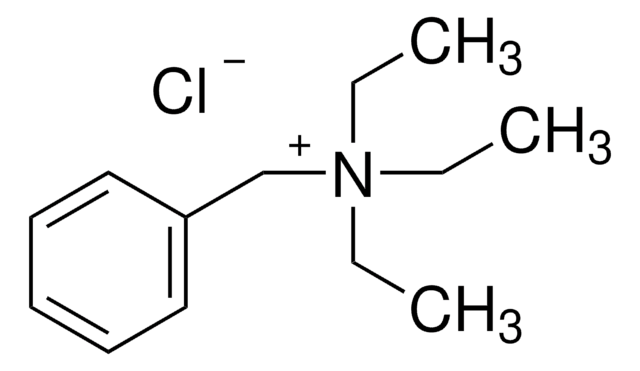229784
Manganese(II) sulfate hydrate
≥99.99% trace metals basis
Synonym(s):
Manganous(II) sulfate hydrate
About This Item
Recommended Products
Agency
suitable for SM 5210
Assay
≥99.99% trace metals basis
form
solid
impurities
≤100.0 ppm Trace Metal Analysis
application(s)
battery manufacturing
storage temp.
2-8°C
SMILES string
O.[Mn++].[O-]S([O-])(=O)=O
InChI
1S/Mn.H2O4S.H2O/c;1-5(2,3)4;/h;(H2,1,2,3,4);1H2/q+2;;/p-2
InChI key
ISPYRSDWRDQNSW-UHFFFAOYSA-L
Looking for similar products? Visit Product Comparison Guide
General description
Application
- As an electrolyte additive in rechargeable aqueous zinc/sodium manganese oxides batteries. It helps to stabilize the manganese oxide cathode and improve the overall electrochemical stability of the battery
- In the synthesis of electrodes for supercapacitors due to its high theoretical capacitance, low cost, and environmental friendliness.
- As a precursor material to synthesize various forms of manganese oxide (MnOx) for use as electrode materials in supercapacitors.
- As a precursor materials along with other transition metal sulfates for the synthesis of cathode materials such as NMC for Lithium-ion batteries.
Signal Word
Warning
Hazard Statements
Precautionary Statements
Hazard Classifications
Aquatic Chronic 2 - STOT RE 2
Storage Class Code
11 - Combustible Solids
WGK
WGK 2
Flash Point(F)
Not applicable
Flash Point(C)
Not applicable
Personal Protective Equipment
Certificates of Analysis (COA)
Search for Certificates of Analysis (COA) by entering the products Lot/Batch Number. Lot and Batch Numbers can be found on a product’s label following the words ‘Lot’ or ‘Batch’.
Already Own This Product?
Find documentation for the products that you have recently purchased in the Document Library.
Customers Also Viewed
Articles
Lithium-ion batteries' characteristics make them popular for electricity storage due to portability, rechargeability, and low cost.
Related Content
This page is intended to make it easier to find the consumables you need based on the analytical method you’re using. Methods included on this page come from the EPA, Standard Methods and ASTM.
Our team of scientists has experience in all areas of research including Life Science, Material Science, Chemical Synthesis, Chromatography, Analytical and many others.
Contact Technical Service








